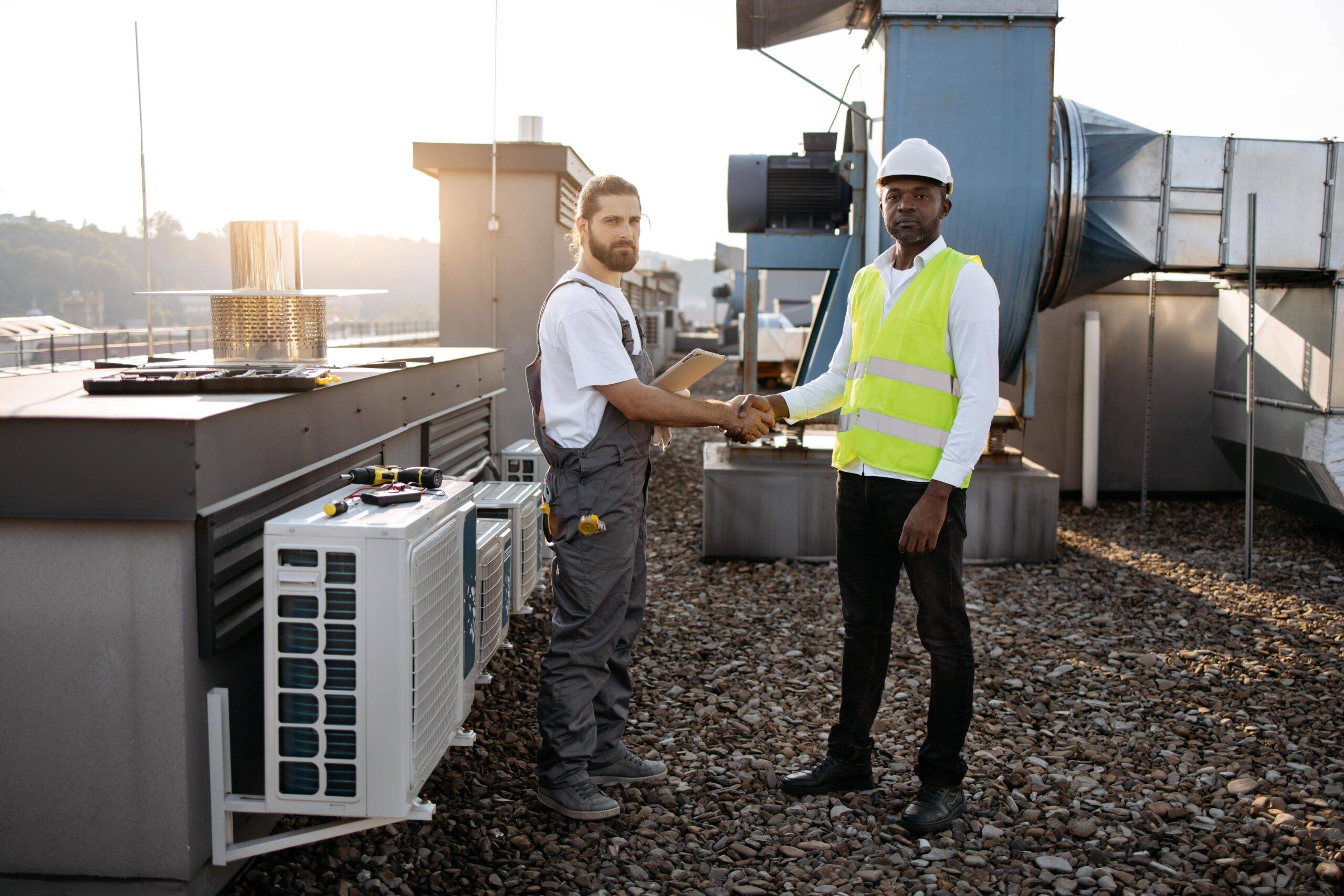Water Conservation and HVAC Systems: A Greener Approach
The connection of water and energy consumption is frequently neglected. HVAC systems can help with water saving efforts.
How HVAC Systems Impact Water Consumption
- Condenser Water: Air conditioners produce condensate water as they remove moisture from the air. This water can be collected and reused for various purposes.
- Indirect Water Heating: Some HVAC systems incorporate water heating capabilities, offering opportunities for energy and water efficiency.
Water Conservation Tips for HVAC Systems
- Harvest Condensate Water: Set up a system to collect and store condensate water for gardening or other domestic purposes.
- Efficient HVAC Systems: To reduce overall energy usage, select energy-efficient models, including water heating if required.
- Regular Maintenance: Proper maintenance ensures optimal performance and prevents water leaks.
- Smart Thermostats: Use smart thermostats to improve heating and cooling while conserving water for humidity management.
- Insulation: Improve home insulation to minimize temperature fluctuations and reduce the need for HVAC operation.
Water-Saving Technologies and HVAC Systems
Integrating water-saving technologies with Commercial HVAC systems can significantly reduce your environmental impact. Here are some options:
Water-Saving Technologies
- Graywater Recycling Systems: Collect and treat wastewater for non-potable uses like irrigation.
- Rainwater Harvesting: Capture rainwater for landscape irrigation or other non-potable applications.
- Dual Flush Toilets and Low-Flow Showerheads: Reduce water consumption in plumbing fixtures.
HVAC Systems and Water Conservation
- Desiccant Dehumidifiers: These systems remove moisture from the air without producing wastewater.
- Geothermal Heat Pumps: While primarily for heating and cooling, they can also provide hot water.
- Energy-Efficient HVAC Systems: Reduced energy consumption indirectly conserves water used for power generation.
Sustainable Building Design
- Integrated HVAC and Water Systems: Consider whole-building techniques that optimize water and energy consumption.
- Green Roofs: Help manage rainwater runoff and improve insulation.
- Landscape Design: Choose water-efficient plants and irrigation systems.
By employing these measures, you may help to conserve water while reaping the benefits of a well-maintained HVAC system. This enables you to design a more sustainable and environmentally friendly home or structure.

